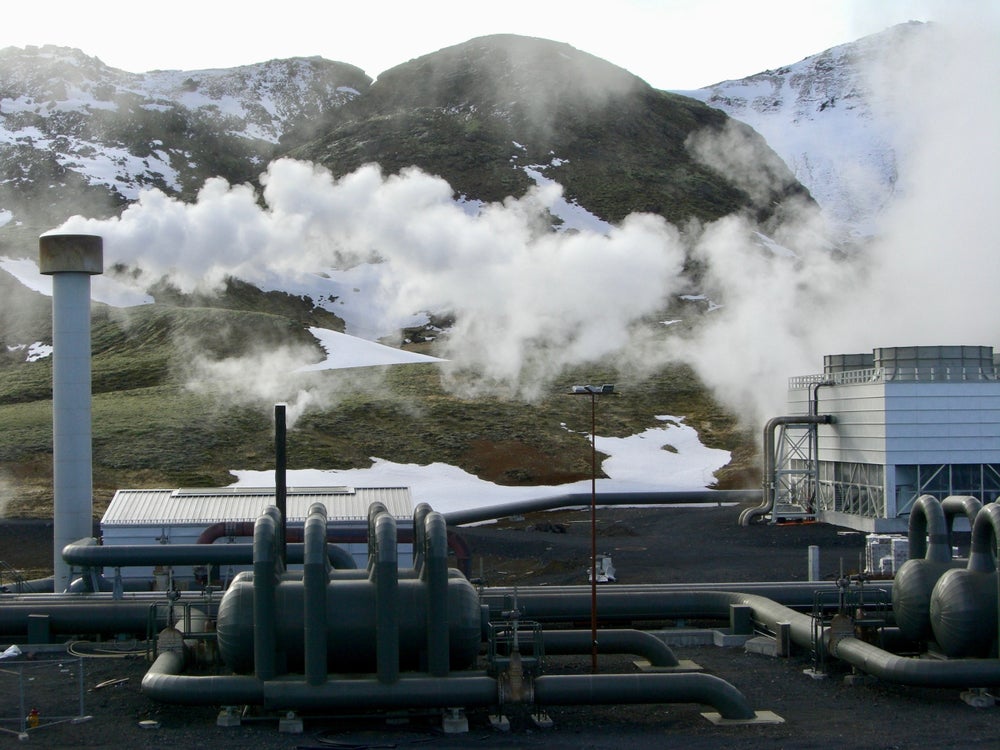
The agency representing Australian renewables has received government approval to invest in emerging technologies such as hydrogen and carbon capture.
The Australian Renewable Energy Agency (ARENA) had previously only been permitted to fund renewable energy projects but, under its broadened remit, the independent government agency will now be able to support technologies contained in the Low Emissions Technology Statement (LETS), including energy storage, soil carbon, low emissions aluminium and steel production.
ARENA said the regulation will ensure it can deliver the targeted programmes outlined in the 2020-21 Federal Budget, which included the Future Fuels Fund, Industrial Energy Transformation Studies Programme, Regional Australia Microgrids Pilot Programme and the Freight Energy Productivity Programme.
ARENA CEO Darren Miller welcomed the mandate change as an opportunity for the agency to broaden its role in helping Australia to reduce emissions and undertake the Budget’s measures.
“This allows ARENA to continue to be the agency that works at the forefront of innovation,” he added. “As technologies such as solar and wind mature, we must be able to move forward and support the next generation of clean energy technologies.
“We still have a lot of work to do to reduce Australia’s emissions, but we’re encouraged by the support the Australian government has placed in ARENA to be a key delivery vehicle for the Technology Investment Roadmap.”
Australian renewables agency focusing on integrating renewables and accelerating the uptake of hydrogen
Last year the Australian government announced a total funding package of 1.62bn Australian dollars ($1.26bn) for ARENA, including guaranteed baseline funding of A$1.43bn ($1.11bn) over the next 10 years.
The agency said the funding and expanded set of technologies will allow it to continue to work together with energy industry participants, the Clean Energy Finance Corporation, research institutions and other agencies to support innovation in clean energy technologies across the innovation chain.
Over its lifetime, ARENA has helped to improve the competitiveness of renewable energy technologies such as large-scale solar, pumped hydro, battery storage, distributed energy and hydrogen.
It has so far supported 586 projects with A$1.7bn ($1.32bn) in grant funding, unlocking A$6.92bn ($5.38bn) of total investment in renewable energy.
“As technologies have matured, ARENA’s focus has evolved from supporting pure renewable energy generation technologies to assisting with the integration of these technologies to support the operation of the system with ever-increasing shares of variable renewable energy,” said Miller.
He added that the agency’s current investment priorities include a focus on integrating renewables into the grid, accelerating the uptake of hydrogen and supporting industry to reduce emissions.
ARENA’s remit change will help Australia reach net-zero emissions targets, says APPEA
The Australian Petroleum Production and Exploration Association (APPEA), which represents the nation’s peak oil and gas industry, claims the changes to expand ARENA’s investment remit will help Australia reach net-zero emissions targets.
APPEA CEO Andrew McConville said expanding the focus of ARENA to include a broader range of emissions reduction technologies, including carbon capture and storage (CCS) and hydrogen, is the “right move for a clean energy future”.
“Just as government investment in renewables has fast-tracked projects, this will do the same and create thousands of jobs in the process,” he added.
“The global oil and gas industry is leading the world in the practical deployment of this technology. In Australia, the oil and gas industry has been at the leading edge of researching and deploying CCS and greenhouse gas storage technologies.”
McConville believes natural gas is a “pathway” to developing large-scale hydrogen – a technology that is believed could play a significant role in addressing “hard to abate” sectors such as industry, heating and heavy-duty transport, as well as balancing variable renewables.
Prime Minister Scott Morrison announced last month the nation will spend A$539m ($417m) on clean hydrogen and CCS projects.
The government hopes the move will support Australian industry, create up to 2,500 jobs, help cut emissions and drive investment.
“Australia’s LNG export success means the Australian upstream oil and gas industry has the technology, expertise, commercial and trade relationships to make, in particular, hydrogen exports a reality,” said McConville.
“Developing a local hydrogen industry could enable lower emissions both in Australia and internationally, reduce energy costs, deliver energy security, together with new employment and manufacturing opportunities.”






